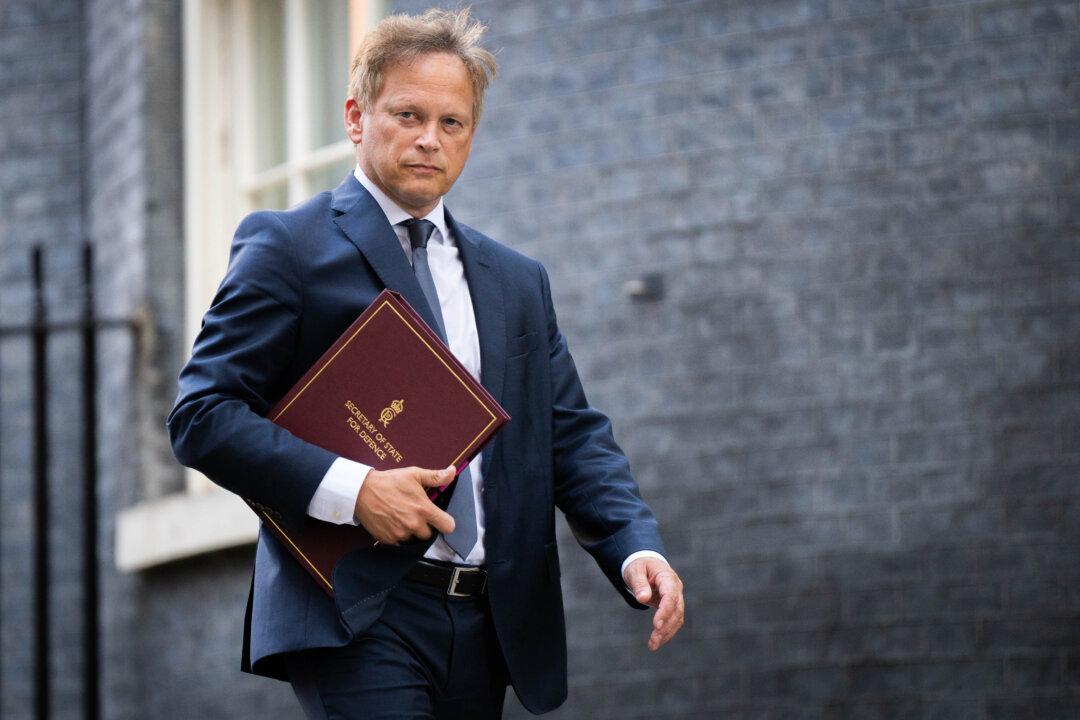UK Defence Secretary Grant Shapps has asserted that funding defence companies should be considered an ethical investment because military spending “helps prevent war.”
In a written ministerial statement released yesterday, jointly issued with HM Treasury, Mr. Shapps emphasised the critical role of the UK’s defence sector in safeguarding the nation’s sovereignty, security, and prosperity.





